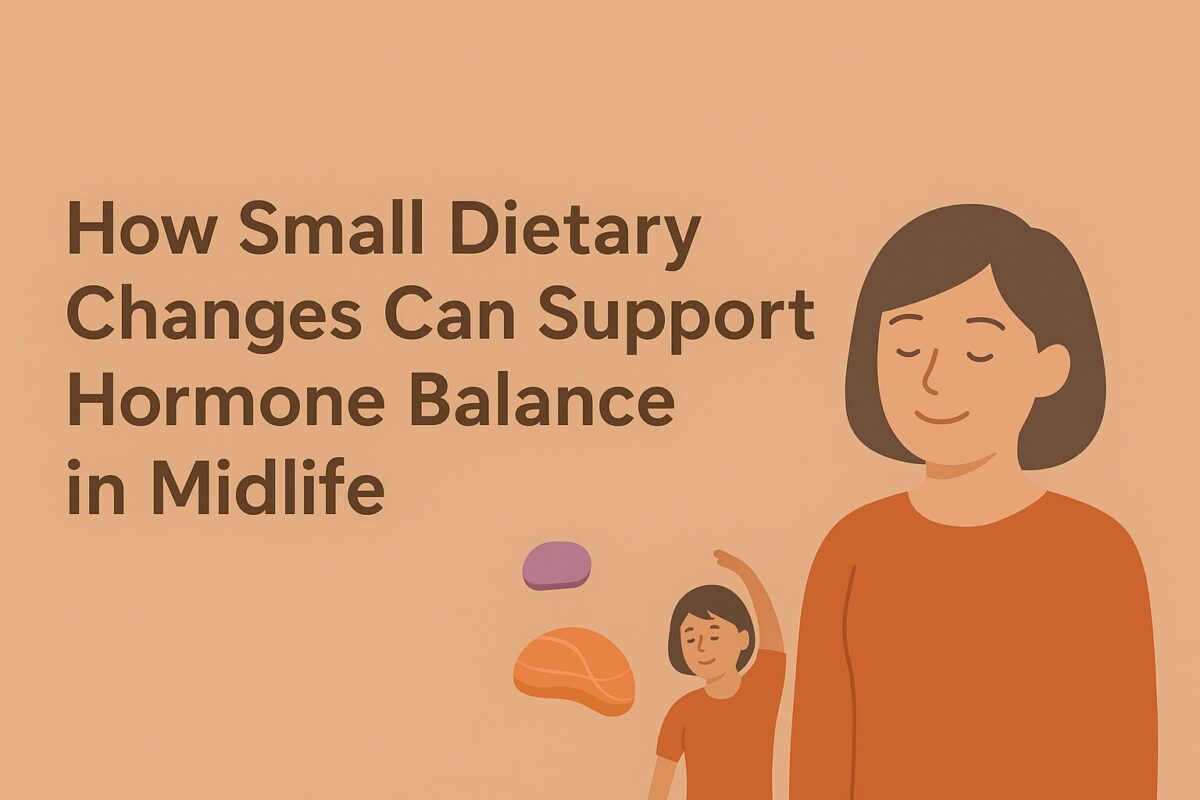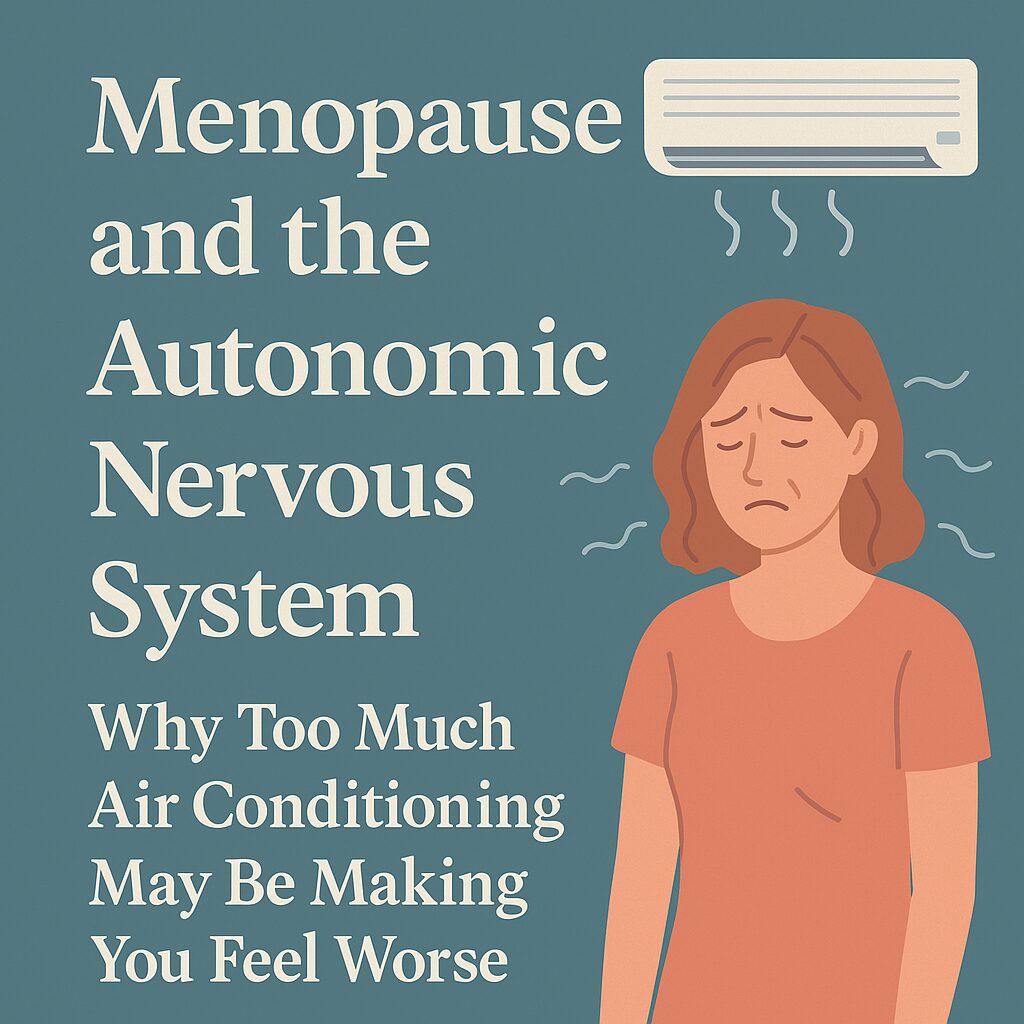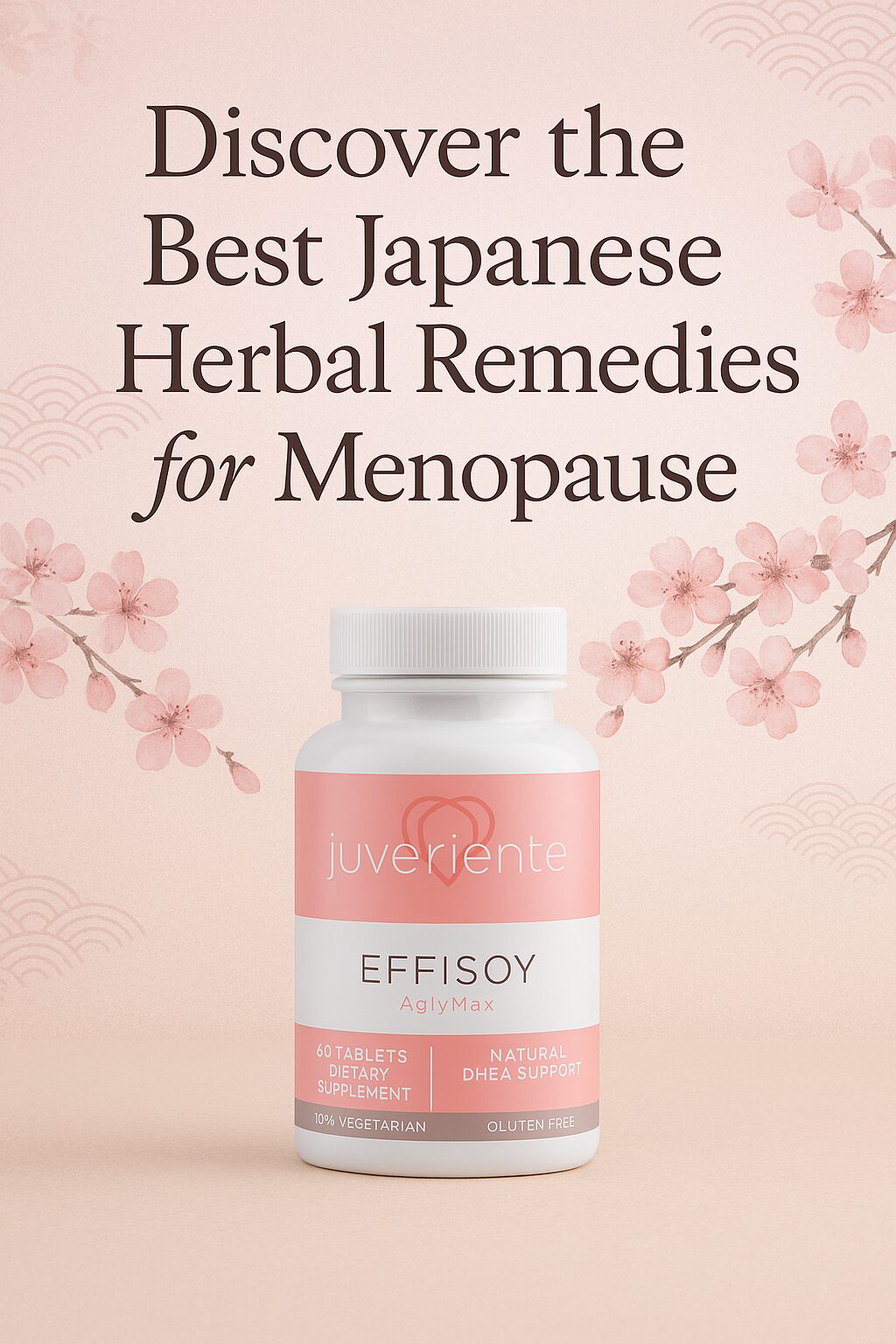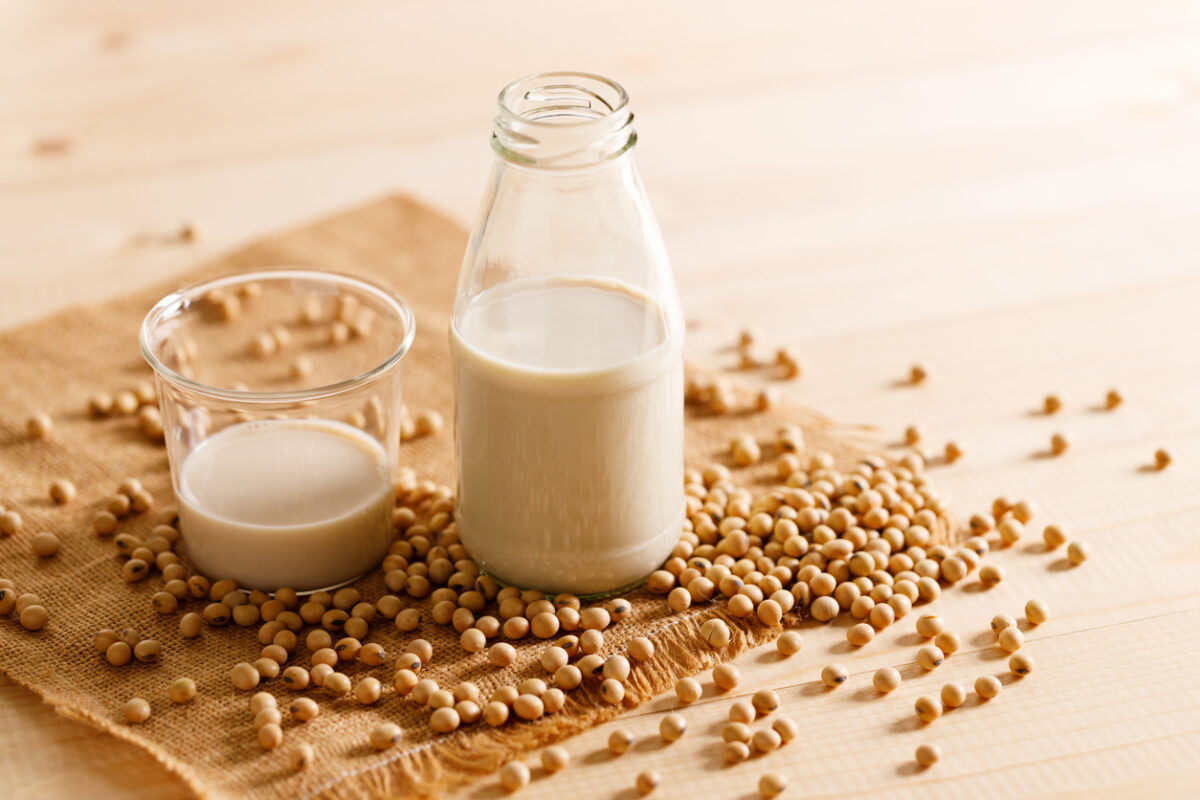The holiday season is filled with delicious food, festive gatherings, and joyful moments. But it’s also a time when many people eat too much and feel heavy, tired, or guilty afterward.
In Japan, where obesity rates are among the lowest in the world, people have developed a mindful and balanced approach to eating that helps them enjoy food without overindulging.
This article explores mindful eating during holidays through traditional Japanese habits—and how you can use them to stay healthy and satisfied this season.
The Japanese Concept of “Hara Hachi Bu”
One of the most famous Japanese sayings about eating is “Hara Hachi Bu” (腹八分目)—which means “Eat until you are 80% full.”
This practice originated from the Okinawan lifestyle, known for longevity and good health. It encourages people to stop eating before feeling completely full, giving the body time to signal satisfaction naturally.
During the holidays, when large meals and buffets are everywhere, “Hara Hachi Bu” can be your secret weapon to prevent overeating.
Try pausing halfway through your meal and asking yourself: “Am I still hungry, or just eating because it’s there?”
Eating Slowly and with Awareness
In Japan, meals are often eaten slowly, with appreciation for presentation, texture, and flavor. Rather than rushing through a plate of food, Japanese people often pause to admire the colors, the arrangement, and even the aroma.
By slowing down, your brain has more time to register fullness. This can help you enjoy smaller portions while feeling more satisfied—an essential skill for mindful eating during the holidays.
Tip: Put down your fork or chopsticks between bites, and focus on each flavor. You’ll enjoy your food more and naturally eat less.
Balanced Variety on the Table
A typical Japanese meal includes multiple small dishes—rice, soup, vegetables, fish, and pickles.
This structure encourages balance and moderation: rather than loading up on one rich dish, you enjoy a variety of flavors in small amounts.
You can bring this idea to your holiday table by:
-
Serving smaller portions of each dish
-
Including light sides like steamed vegetables or a miso soup
-
Using smaller plates or bowls to create visual balance
This simple shift makes your meal feel abundant while keeping total portions in check.
Mindful Drinking: A Japanese-Inspired Approach
Holiday celebrations often include wine, cocktails, or champagne—but moderation is key.
In Japan, people often enjoy alcohol slowly, alongside food and conversation, rather than drinking quickly. Small sips, paired with flavorful dishes, help prevent overconsumption.
If you drink alcohol, alternate with tea or water, and focus on savoring each moment. You’ll enjoy the evening more and wake up refreshed the next day.
Learn more about mindful alcohol habits from Harvard Health Publishing.
Hormonal Balance and Emotional Eating
For many women over 50, the holidays can trigger emotional eating due to stress, hormonal shifts, and fatigue.
Japanese women tend to experience milder menopause symptoms than Western women, partly because of their diet rich in fermented soy products.
Juveriente® Effisoy® is inspired by this wisdom—it contains fermented soy isoflavones (aglycone type) that help the body restore its natural hormone production ability. Supporting hormonal balance not only eases menopausal discomfort but can also reduce stress-driven overeating.
Learn more about natural hormone support: Juveriente Effisoy
Creating a Mindful Holiday Ritual
Mindful eating doesn’t mean restricting yourself or skipping treats—it’s about enjoying every bite intentionally.
Here’s how you can bring a touch of Japanese mindfulness to your holidays:
-
Begin meals with gratitude
-
Serve food on smaller plates
-
Take a few deep breaths before eating
-
Eat without distractions (no screens!)
-
End meals feeling comfortable, not stuffed
When you eat with awareness, every meal becomes an opportunity to nourish your body and mind.
External Resources for Mindful Eating
-
Blue Zones – Hara Hachi Bu: The Okinawan Secret to Longevity
-
Japan National Tourism Organization – Japanese Food Culture and Wellness
A mindful, Japanese-inspired approach can help you enjoy the holidays fully—without guilt, without excess, and with deep appreciation for the food, people, and moments that truly matter.
Take Effisoy®, a natural supplement, to balance your hormone back.
If you are facing an age-related hormonal imbalance, rebalancing it will work with a balanced diet for your beauty, weight management, and daily wellness.
Juveriente®’s Effisoy, launched in 2016, based on fermented soy bean germ extract has been loved as a natural menopause relief since its launching in 2016.
Its primary function is to boost the weakened synthesis of a hormone precursor, DHEA. It helps the precursor, DHEA. Rebalancing the precursor will eventually recover your hormones in line with your natural balance. It will help recover the hormonal imbalance and help you address various issues in postmenopausal period.
Here are some of the real product reviews in our Amazon shop.
“Restful sleep finally!!”, “I Am Now Free of Hot Flashes!!”, “Lifesaver”






































